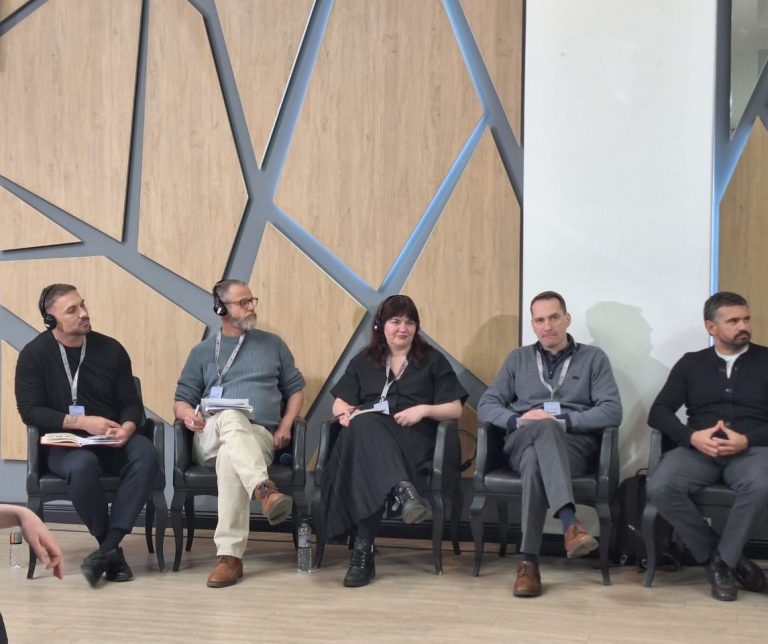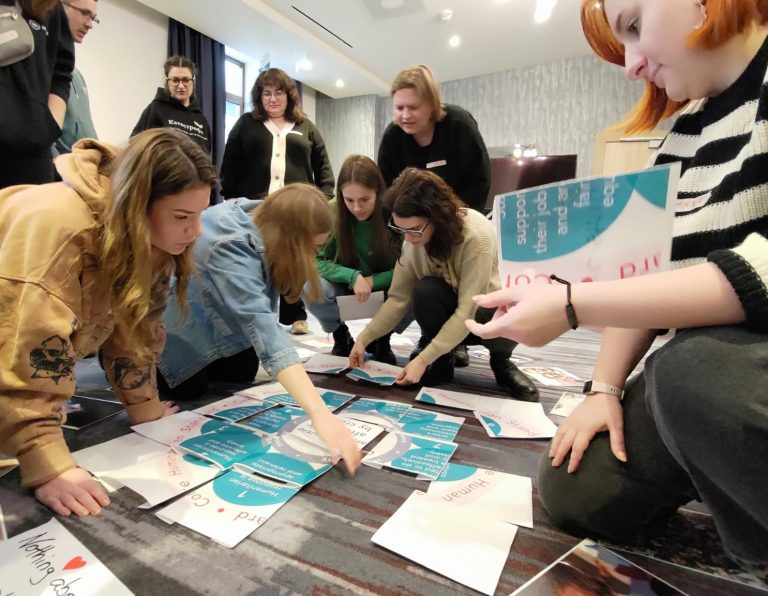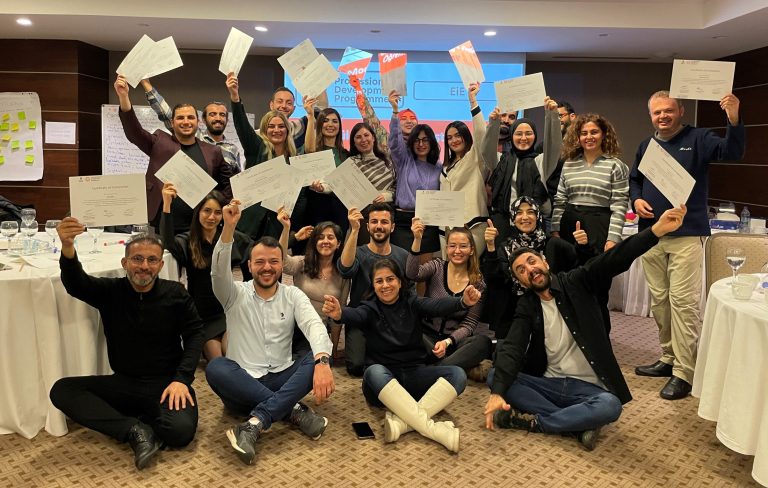This year the Humanitarian Leadership Academy has become a focal point for the Sphere standards in Poland. The Sphere standards is a primary humanitarian standards reference tool for national and international NGOs, UN agencies, governments, volunteers, and other humanitarian actors. We are proud to continue our mission of supporting local responders to prepare for and respond to crises and to empower practitioners to improve the quality and accountability of humanitarian assistance as a Sphere focal point.
About Sphere
The Sphere movement was started in 1997 by a group of humanitarian professionals aiming to improve the quality of humanitarian work during disaster response. They framed a Humanitarian Charter and identified a set of humanitarian standards – initially developed by non-governmental organisations, along with the Red Cross and Red Crescent Movement – to be applied in humanitarian response.
Sphere’s flagship publication, the Sphere Handbook, is one of the most widely known and internationally recognised sets of common principles and universal minimum standards in humanitarian response.
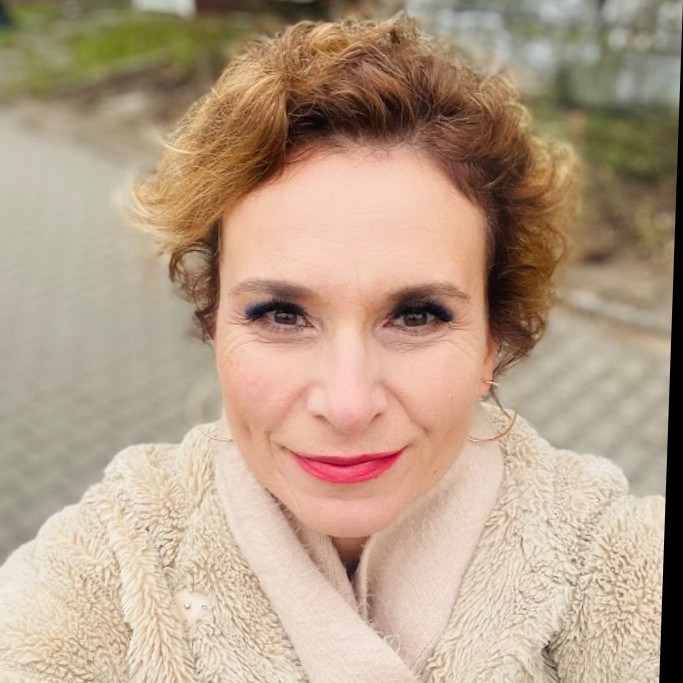
Sphere Standards is the international language of humanitarian aid. I am proud that I managed to start relations with Sphere which led to effective cooperation, and now for us to becoming the Sphere standards focal point in Poland. I am sure that the knowledge we provide together helps local actors to support refugees in the most professional way.
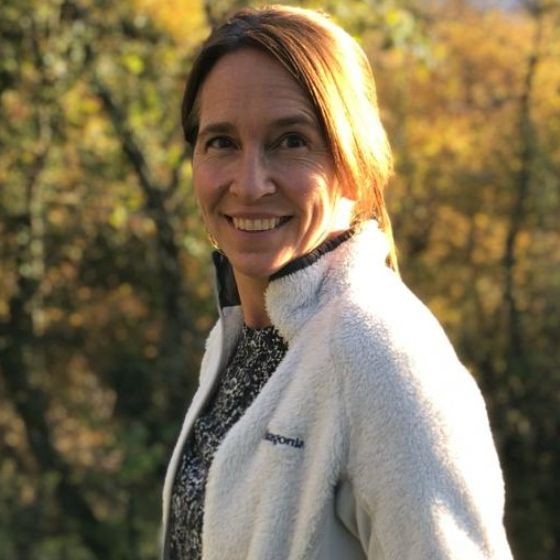
Sphere’s partnership with the HLA and Save the Children Poland has been invaluable in helping us respond to the crisis in Ukraine. We have worked closely together to deliver humanitarian standards workshops in Poland for both Ukrainian and Polish aid workers, familiarising them with the Sphere Handbook. Built on the foundations of human rights, evidence and experience – the Handbook guides those responding to crises to implement better quality and more accountable humanitarian programmes, leading to better outcomes for and improved resilience of people affected by crisis.
Our team in Poland conducts Sphere standards workshops on a regular basis. In May 2023, we traveled to Przemysl, a town in southeastern Poland near the Polish-Ukrainian border. With participants from Poland, Ukraine, Moldova, and Romania in attendance, the training was truly a regional event. The three-day workshop was hosted by the Ukrainian House, which played a critical role in the country’s response to the refugee crisis in Ukraine.
About the Ukrainian House
The Ukrainian House was founded in 2004, by a group of Poles and Ukrainians in Warsaw to support migrants coming to Poland. Since 2014, the main goal of the Ukrainian House is to help and support the Ukrainian community in Poland through informational, educational and cultural activities. After aggravation of the situation in Ukraine in February 2022, the Ukrainian House started to operate on a larger scale, and transformed into a crisis center, offering various types of support for refugees.
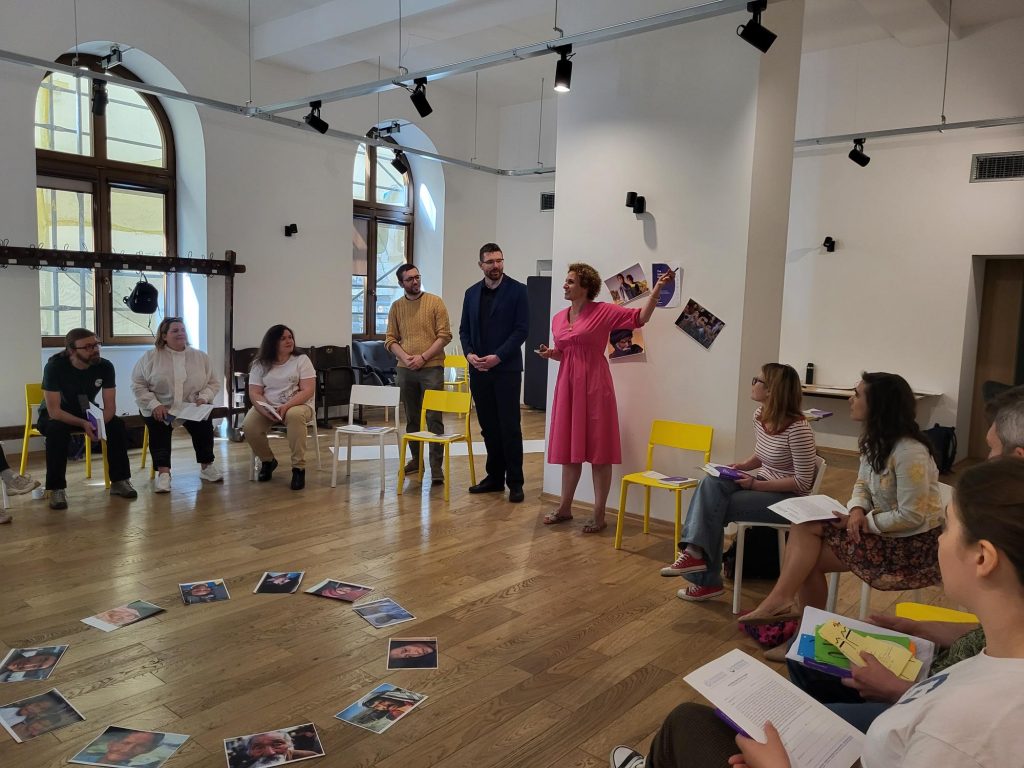
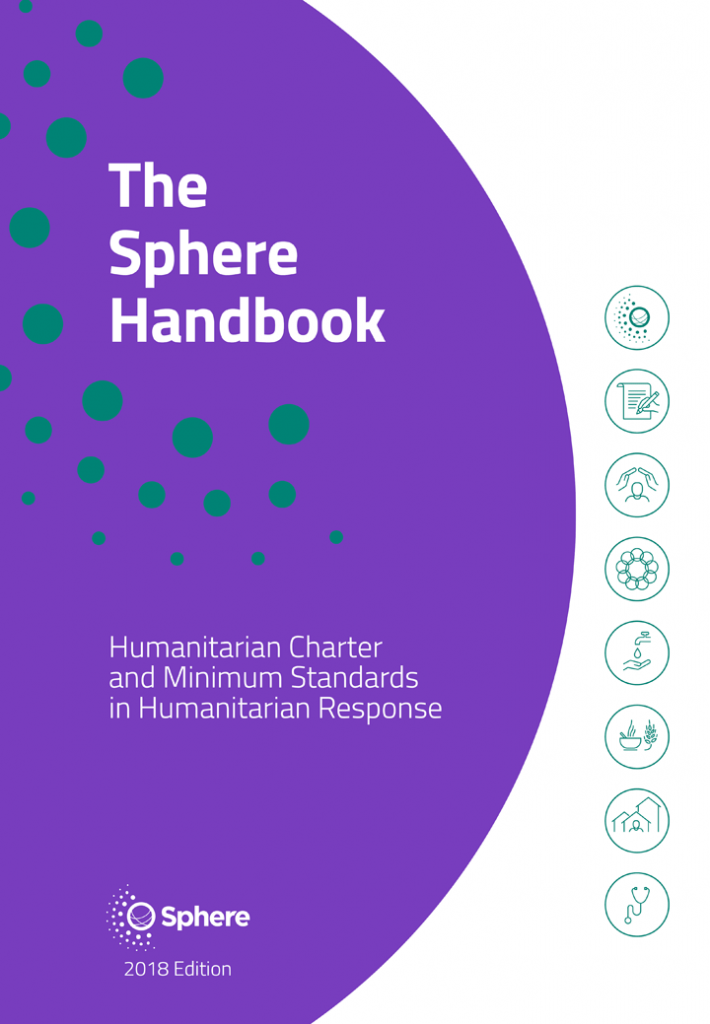
Sphere’s flagship publication, the Sphere Handbook, is one of the most widely known and internationally recognised sets of common principles and universal minimum standards in humanitarian response. It covers four technical areas of humanitarian response: Water supply, sanitation and hygiene promotion (WASH), Food security and nutrition, Shelter and settlement, and Health. Humanitarian standards are based on evidence, experience, and learning, and reflect accumulated best practice at a global level. They are revised regularly to incorporate developments across the sector.
This training was a great learning opportunity for someone like me, who is at the beginning of the path in the humanitarian sector. I really enjoyed the trainers’ approach, which is very close to mine – to see not only the needs of affected people, but also their capacity. I appreciate how the workshop highlights that every humanitarian response should be focused on what can be done in the specific context because there is no universal pattern for all situations. I think my work will be more professional and more conscious after learning more about humanitarian standards and how to find sustainable solutions. The Sphere Handbook is a great guide and instruction to do so.
The Sphere Training was an excellent opportunity for practitioners to discuss how humanitarian aid standards can be applied in fast-changing contexts. Such discussions are an important addition to the Sphere Handbook.
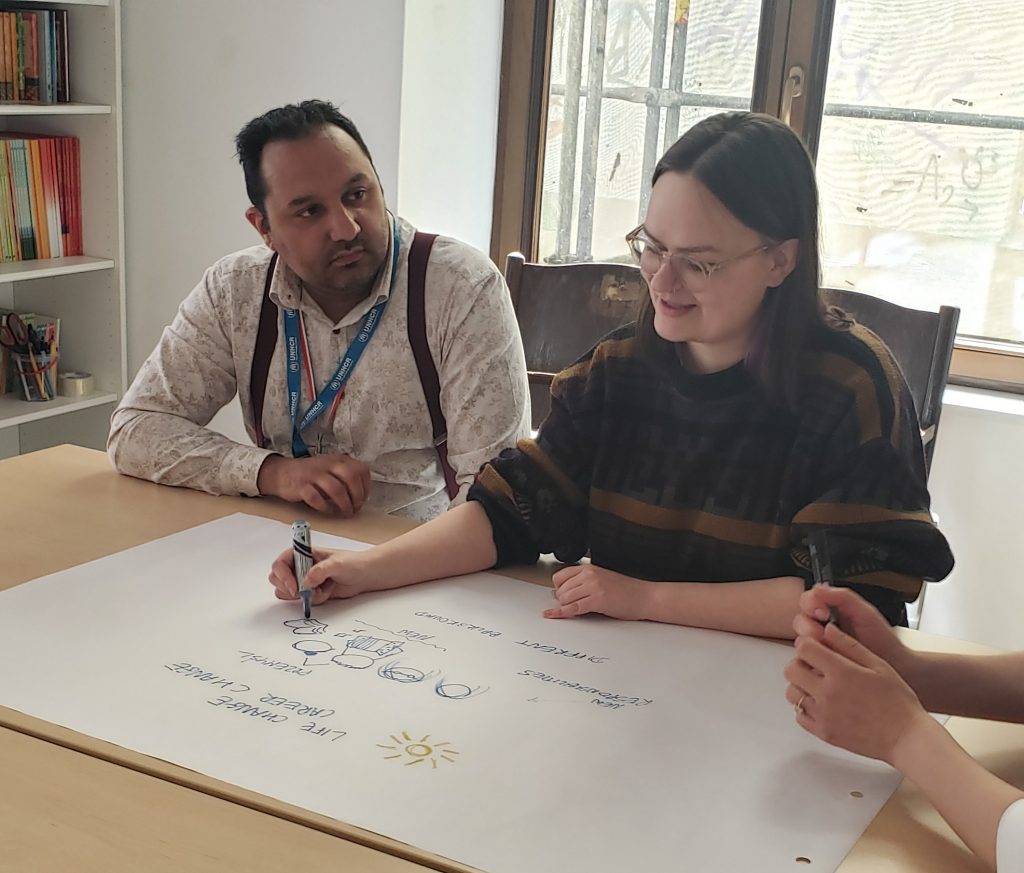
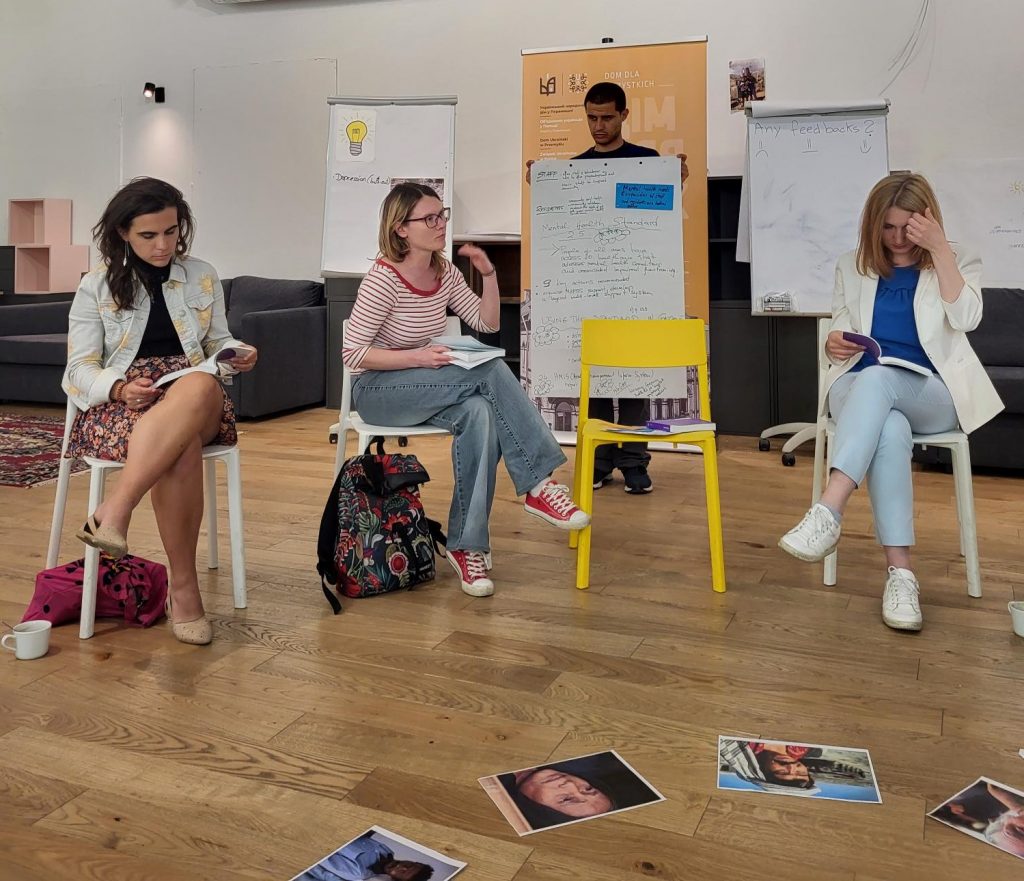
Sphere provides a unified source of standards to support our work. It truly is a universal humanitarian aid language that provides helpful guidelines for navigating the response.
The Sphere training was a great practical learning experience about humanitarian response. It allowed me to understand the Sphere approach and how to make use of the resources available, particularly the Handbook. I came out of the training more confident, knowing there is a base of reference I can use to build on the quality of my work.
The training is based on the critical experience of the people in the room. Participants engage in interactive exercises, group discussions, and exploring relevant case studies. The workshop is designed to share examples of their practice, address commonly encountered challenges, and apply Sphere standards to realistic scenarios. All the activities address cross-cutting issues integral to Sphere, such as protection, gender, age, and diversity. The training specifically highlights the risks of not taking into consideration the local community expertise.
The training gave me an overview of sectors and topics that the humanitarian field encompasses. The trainers’ experience and knowledge made it interactive and the learning process entertaining. The opportunity of getting to know the perspective of humanitarians from different countries and various types of organizations was enriching and inspirational. Thanks to the workshop, I learnt that not everything is always possible and that considering each situation individually is the best way to ensure the help we try to provide meets the needs. It also provided me with a practical tool – the Sphere handbook – which will definitely come in handy in practical settings in the future.
Great things happen when good-hearted people work together, continuously improve their skills, and strive to reach the standards in humanitarian work. I’ve learned that a people-centered approach in humanitarian response means assessing and knowing about people’s needs and capabilities. For me, it is important to share the knowledge I got during the training with my colleagues and other individuals engaged in supporting those affected by the conflict.
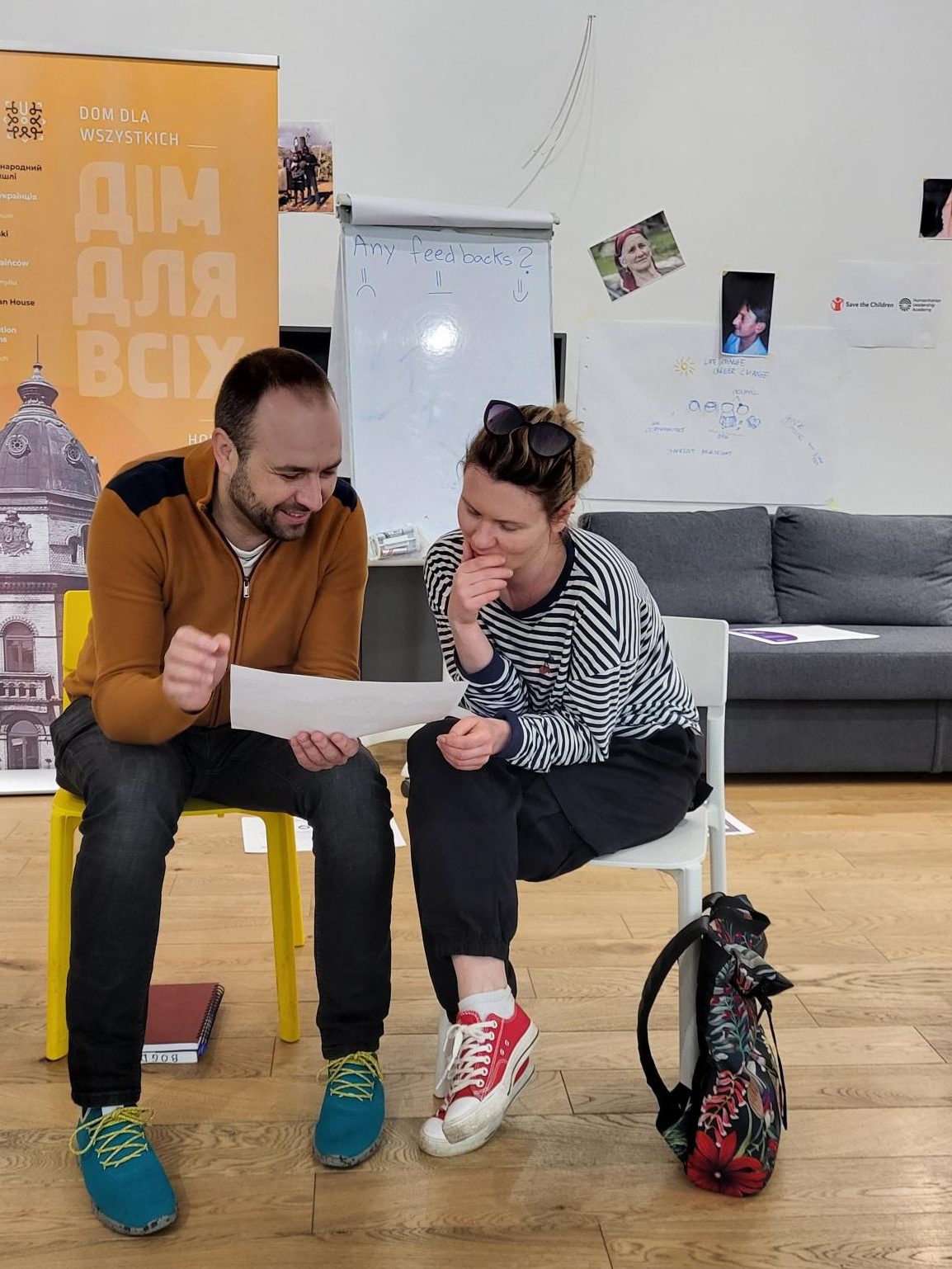
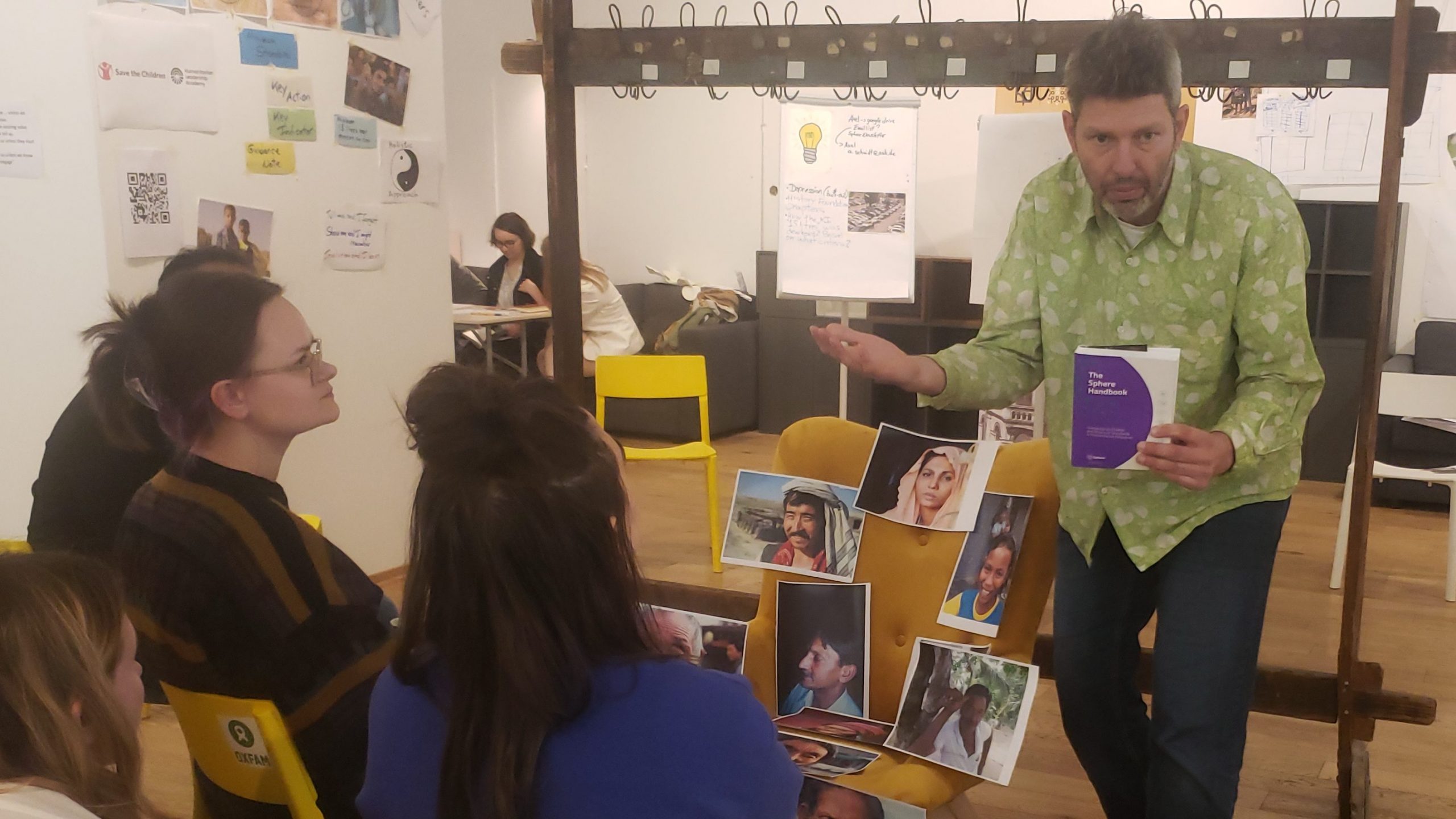
The training reinforced my conviction to put a strong accent on people-centred approach in humanitarian response. Contextualising qualitative minimum standards, we can meet the needs of affected communities. By involving these people and their capacities, we can lead them to efficient recovery. The basic right to life with dignity comes first, so we should always involve affected people. I think the training directed me towards more social models in approaching people and especially in using an anthropological approach in carrying out assessments.
This training helped me to put the knowledge I got from the practical experience into a clear system. In times of complex humanitarian crises, it is vital to know how to organise localised support for affected people in the most efficient way and in alignment with international humanitarian standards.
Watch a video about the Sphere workshop in Przemysl
by Fraternity – International Humanitarian Missions (FIHM)
With the goal to support locally-led learning, our next step is to train local facilitators. This June, we have trained 16 trainers to conduct Sphere standards workshops in various languages of the region. A five-day Training of Trainers course aimed to upskill the responders from Ukraine, Poland, Romania, Moldova, and the Slovak Republic to spread Sphere standards for fellow humanitarians involved in the Ukraine crisis response and form a network of experts in the sector.
Poland, same as other countries in Eastern Europe, is relatively new to the emergency humanitarian response. That is why there is still a need for training in humanitarian standards within the local humanitarian sector. Sphere standards training proved to be of great use, but we needed to make them more inclusive. After this Training of Trainers course, many more local actors will be able to receive this knowledge and apply the Sphere standards to their vitally important work on the ground.
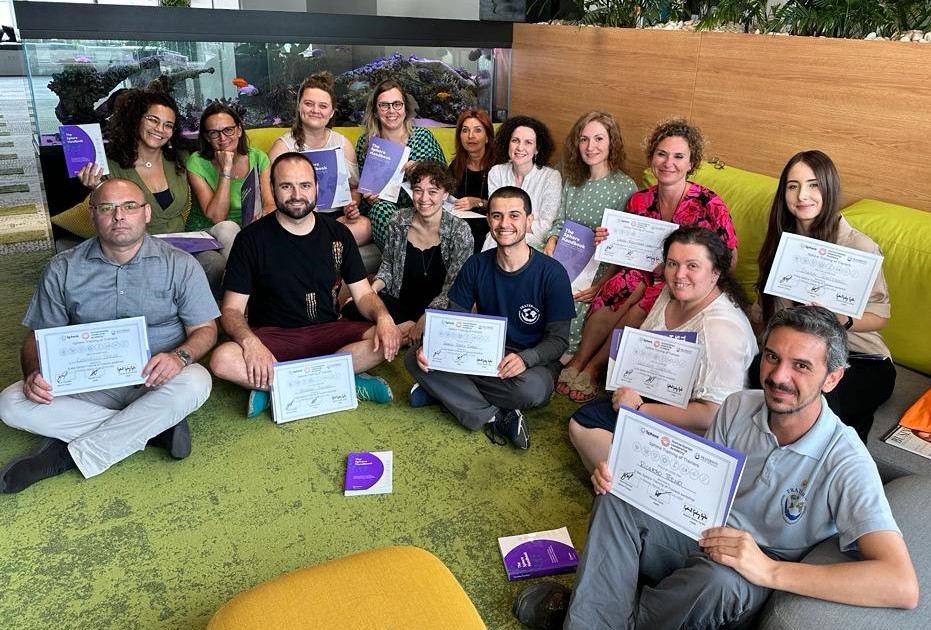
Take free online courses to learn about Humanitarian Standards and how to apply them in your practice.
